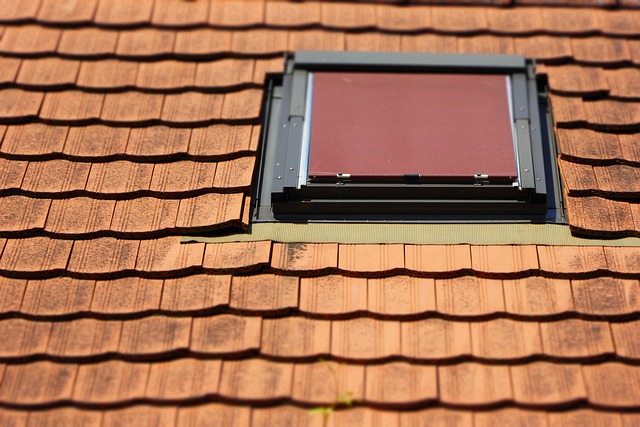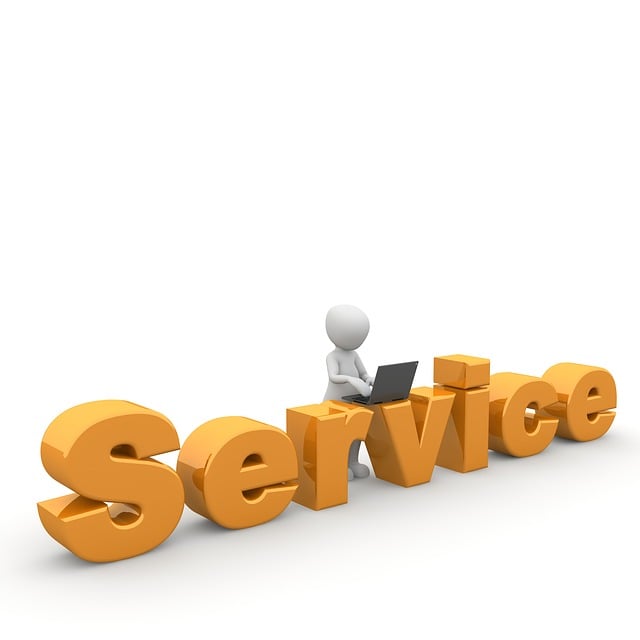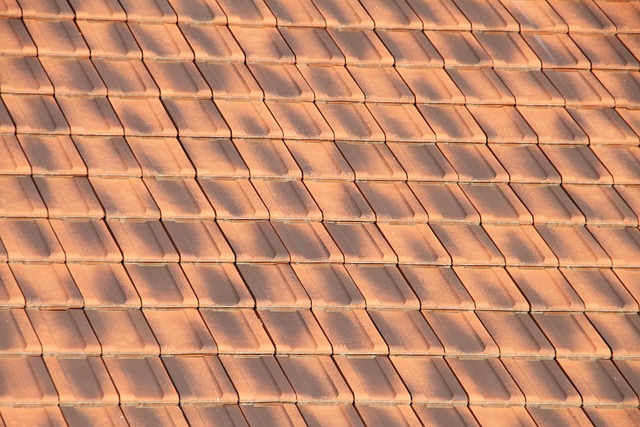When considering roof replacement services for your business, a comprehensive understanding of your unique needs is essential. This includes evaluating structural integrity, climate considerations, and existing roof age. Choose from various materials like affordable asphalt shingles, durable metal roofing, or flat systems like EPDM and TPO. Regular inspections are vital to catch issues early. Before replacing, assess the condition of your current system and its longevity. A timely roof replacement enhances curb appeal, energy efficiency, and protection against weather damage. When selecting a contractor, prioritize experience, warranties, references, and licenses. The process involves removing old roofs, installing underlayment, securing new materials, and post-installation inspections. Proper care through regular cleaning and twice-yearly inspections ensures your new roof's longevity. Costs vary based on size, material, and additional tasks, with commercial replacements generally more expensive than residential ones. Strategic planning is key to minimizing downtime during the process.
Roof replacement is a significant investment for any business owner, but it’s crucial for ensuring operational continuity and safety. Understanding your commercial roof’s unique needs goes beyond aesthetics. This article provides an extensive guide on navigating the process, from evaluating your current roof’s condition to choosing the right materials and contractors. We’ll explore benefits like extended lifespan, improved energy efficiency, and cost savings in the long run. Get ready to transform your business with expert advice on roof replacement services.
Understanding Your Business's Roof Needs

When considering roof replacement services for your business, understanding your specific needs is a crucial step. Each commercial property has unique characteristics and requirements when it comes to roofing. Factors such as building structure, climate conditions prevalent in your area, and the age of the existing roof greatly influence the type of replacement solution you should opt for. For instance, flat roofs might require different materials and installation techniques compared to sloped roofs.
Assessing your business’s roof needs involves evaluating its structural integrity, identifying signs of damage or wear, and considering future maintenance requirements. Regular inspections can help pinpoint issues like leaks, missing shingles, or weakened underlayment. By understanding these aspects, you can make informed decisions when choosing a roofing contractor, ensuring they provide tailored solutions that align with your business’s long-term goals and financial considerations.
Types of Commercial Roof Materials

When considering roof replacement services for your business, understanding the various commercial roof materials available is essential. Common choices include asphalt shingles, known for their affordability and ease of installation, making them a popular option for many businesses. Metal roofing has gained popularity due to its durability, low maintenance, and energy-efficient properties, offering a longer-lasting solution that can withstand harsh weather conditions.
Additionally, flat roof systems are prevalent in commercial settings, providing a seamless and sleek appearance. These systems often incorporate materials like EPDM (ethylene propylene diene monomer) or TPO (thermoplastic polyolefin), which offer excellent resistance to water penetration and UV damage. Each material has unique benefits, catering to different business needs and budgets, ensuring a durable and reliable roof for years to come.
Evaluating the Condition of Your Current Roof

Before considering roof replacement services for your business, it’s essential to evaluate the condition of your current roofing system. This involves a thorough inspection to identify any signs of damage, such as missing or damaged shingles, leaks, or structural weakness. Regular maintenance checks can help in this process, allowing you to address minor issues before they turn into major problems that require costly repairs.
During the evaluation, look for factors like the age of the roof, its material, and how well it has held up against weather conditions. These aspects play a significant role in determining when a replacement might be necessary. Moreover, consider the overall structure of your building—a solid foundation ensures a durable roof. By assessing these elements, you can make an informed decision about whether a roof replacement is the best step for maintaining and protecting your business premises.
The Benefits of Timely Roof Replacement

A timely roof replacement offers numerous benefits for businesses, going beyond just shelter. In today’s competitive market, a well-maintained and modern roof can significantly enhance a company’s first impression, which is crucial for attracting customers and clients. A new roof can instantly boost curb appeal, making your business stand out from the competition and conveying professionalism.
Moreover, regular roof replacement services provide long-term cost savings. An old or damaged roof can lead to increased energy bills due to poor insulation and potential structural weaknesses. By investing in a timely roof replacement, businesses can enjoy improved energy efficiency, reduced repair costs, and minimized risks of more severe damage from weather events, thereby ensuring a secure and stable operational environment for years to come.
Choosing the Right Roofing Contractor for Businesses

When considering roof replacement services for your business, selecting the right contractor is paramount. Look for a company with a proven track record and specialized experience in commercial roofing projects. Reputable contractors should offer a wide range of materials and styles to suit your business’s unique needs and aesthetics.
Beyond expertise, ensure they provide comprehensive warranties on both labor and materials, giving you peace of mind. Check references, reviews, and licenses to verify their reliability and professionalism. A reliable roofing contractor will also offer tailored solutions, efficient project management, and minimal disruption to your business operations during the replacement process.
Step-by-Step Guide to Roof Replacement Process

Roof replacement for businesses isn’t a task to be taken lightly, but with the right guidance, it can be a smooth process. Here’s your step-by-step guide to navigating this crucial project. First, assess the current state of your roof through an expert inspection, noting any damages or signs of wear and tear. This step is vital as it determines the extent of the work required. Next, select a suitable roofing material for your new roof based on factors like durability, aesthetics, and budget. Common options include asphalt shingles, metal, or flat roofs for commercial buildings.
Once you’ve chosen the materials, start by removing the old roofing system, ensuring proper disposal of waste. After preparation, install underlayment sheets followed by the new roofing material, securing it with fasteners and sealing all joints and edges. Finally, conduct a thorough inspection post-installation to ensure the new roof meets your expectations and provides adequate protection for your business. Remember, professional Roof Replacement Services are key to ensuring this process is done efficiently and effectively.
Post-Replacement Care and Maintenance Tips

After a successful roof replacement, proper care and maintenance are essential to ensure your new roof lasts for years to come. One crucial step is regular inspections, at least twice a year, to identify any signs of damage, leaks, or loose shingles. Addressing these issues promptly can prevent further complications.
Additionally, keeping the roof clear of debris, such as leaves and branches, is vital. Regular cleaning not only maintains the aesthetics but also allows for better air circulation, which is essential for prolonging the roof’s lifespan. Using professional Roof Replacement Services for maintenance tasks ensures your roof stays in top condition, providing peace of mind and safeguarding against costly repairs down the line.
Cost Considerations for Commercial Roof Replacements

When considering roof replacement services for your business, cost is a primary concern. The expense can vary greatly based on several factors, including the size and complexity of the roof, the type of materials used, and whether there are any additional tasks like repairs or re-decking required. It’s essential to obtain detailed quotes from reputable contractors to get an accurate understanding of the financial commitment involved.
Commercial roofs often require specialized equipment and skilled labor, driving up costs compared to residential replacements. Furthermore, businesses may need to consider downtime during the replacement process, which can impact operations and revenue. Therefore, strategic planning and budget allocation are crucial to ensure a smooth transition without significantly affecting day-to-day activities.
